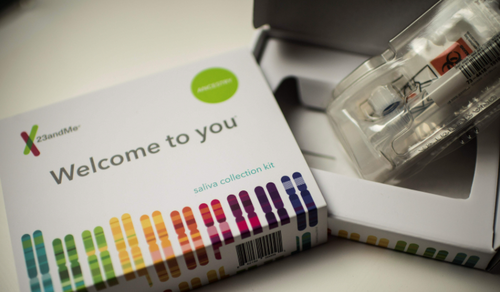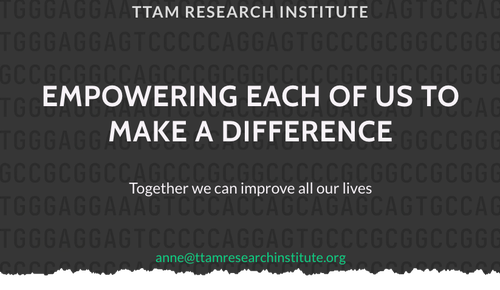
Final Countdown: Judge Set To Rule On Controversial Sale Of 23andMe’s Massive Pool Of Genetic Data
A bankruptcy judge is weighing the proposed sale of 23andMe’s assets—including a vast pool of genetic data of millions of Americans—to co-founder Anne Wojcicki and the nonprofit TTAM Research Institute on Friday.
Bloomberg reports that Judge Brian C. Walsh of the U.S. Bankruptcy Court for the Eastern District of Missouri heard hours of arguments over the sale of 23andMe’s genetic data of 15 million customers. Wojcicki and the nonprofit TTAM Research Institute won an auction earlier this month over biotech firm Regeneron for the massive genetic database of Americans.

While the deal is structured as a Chapter 11 asset transfer to a newly formed affiliate (staffed by current management), multiple U.S. states—including California and Texas—have raised serious objections, arguing the sale violates state privacy laws and lacks required user consent.
Who is TTAM?

Attorneys representing the defunct DNA-testing startup claim the deal complies with federal bankruptcy and privacy laws, includes robust protections (e.g., two years of free identity theft monitoring, a privacy board, and a ban on third-party data transfers), and avoids liquidation risk.
Last Wednesday, Texas sought a temporary restraining order to halt the deal but was denied by Juge Walsh, who ruled that the state had failed to demonstrate immediate and irreparable harm.
Here’s more color from Bloomberg:
Several states, including California and Texas, as well as government officials, argued that the deal violates state privacy laws and requires explicit consent from customers. Texas on Wednesday failed to obtain a temporary restraining order to block the sale after Walsh ruled the state hadn’t shown the transaction would cause immediate, irreparable harm.
Daniel M.B. Nadal, representing the California Department of Justice, argued that the transaction violates the California Consumer Privacy Act, which generally prohibits the sale or sharing of personal information without offering an opt-out option. He said 23andMe is refusing to comply with the law „because it costs money to get consent.”
Layla Milligan, an attorney with the Texas Attorney General’s Office, who also argued for express consent, said the proposed sale structure resembles a corporate reorganization rather than an asset sale.
One lingering question remains: Will the TTAM Research Institute maintain 23andMe’s existing research collaborations with pharmaceutical companies and academic institutions?
Tyler Durden
Mon, 06/23/2025 – 05:45








![Strażnicy więzienni oddali krew. Wyróżnienie dla bohatera z 20 litrami! [ZDJĘCIA]](https://www.eostroleka.pl/luba/dane/pliki/zdjecia/2026/0_0_1600_933_resize_5790b640a03c5eca6598a1fe1e2cbe38fd75fede.jpg)


